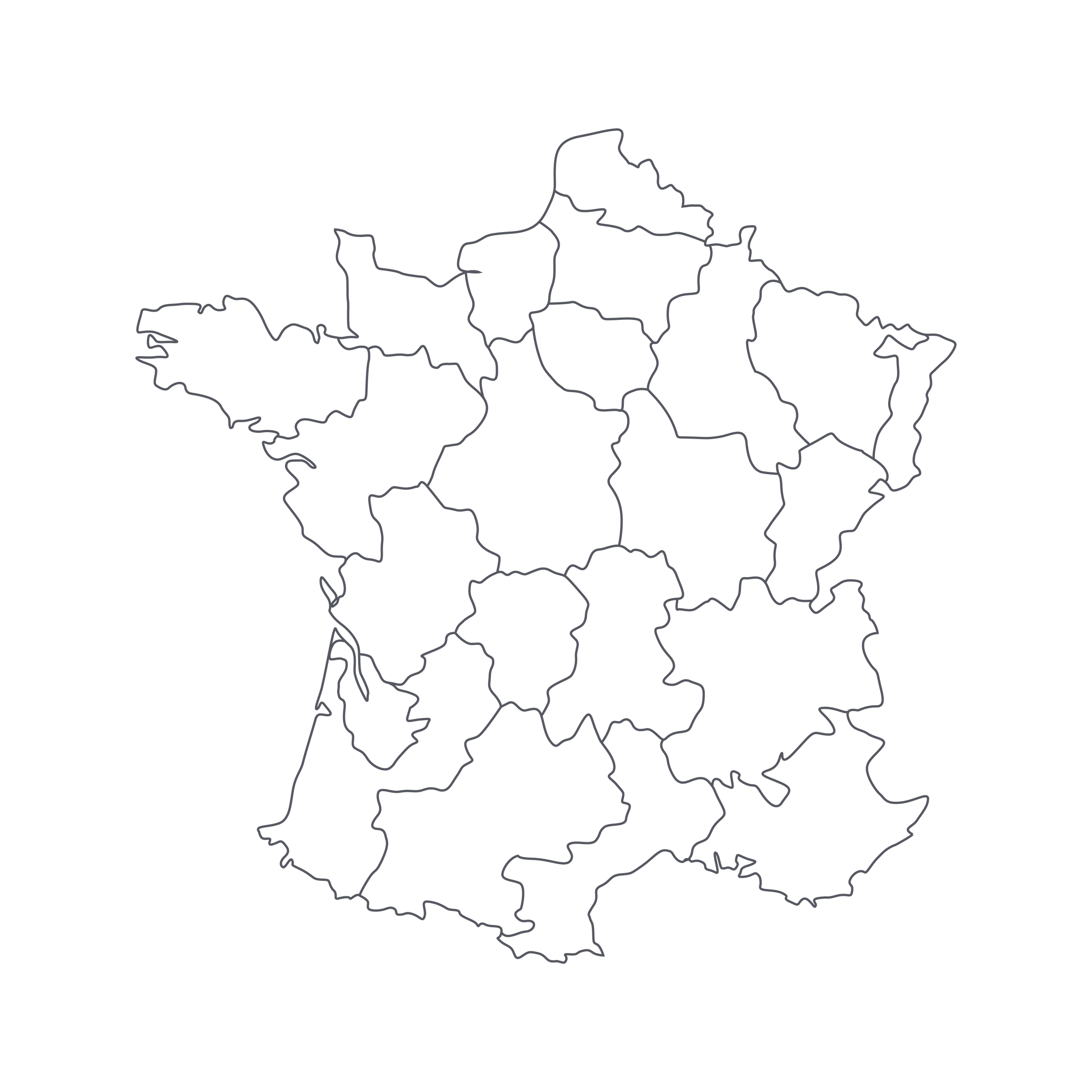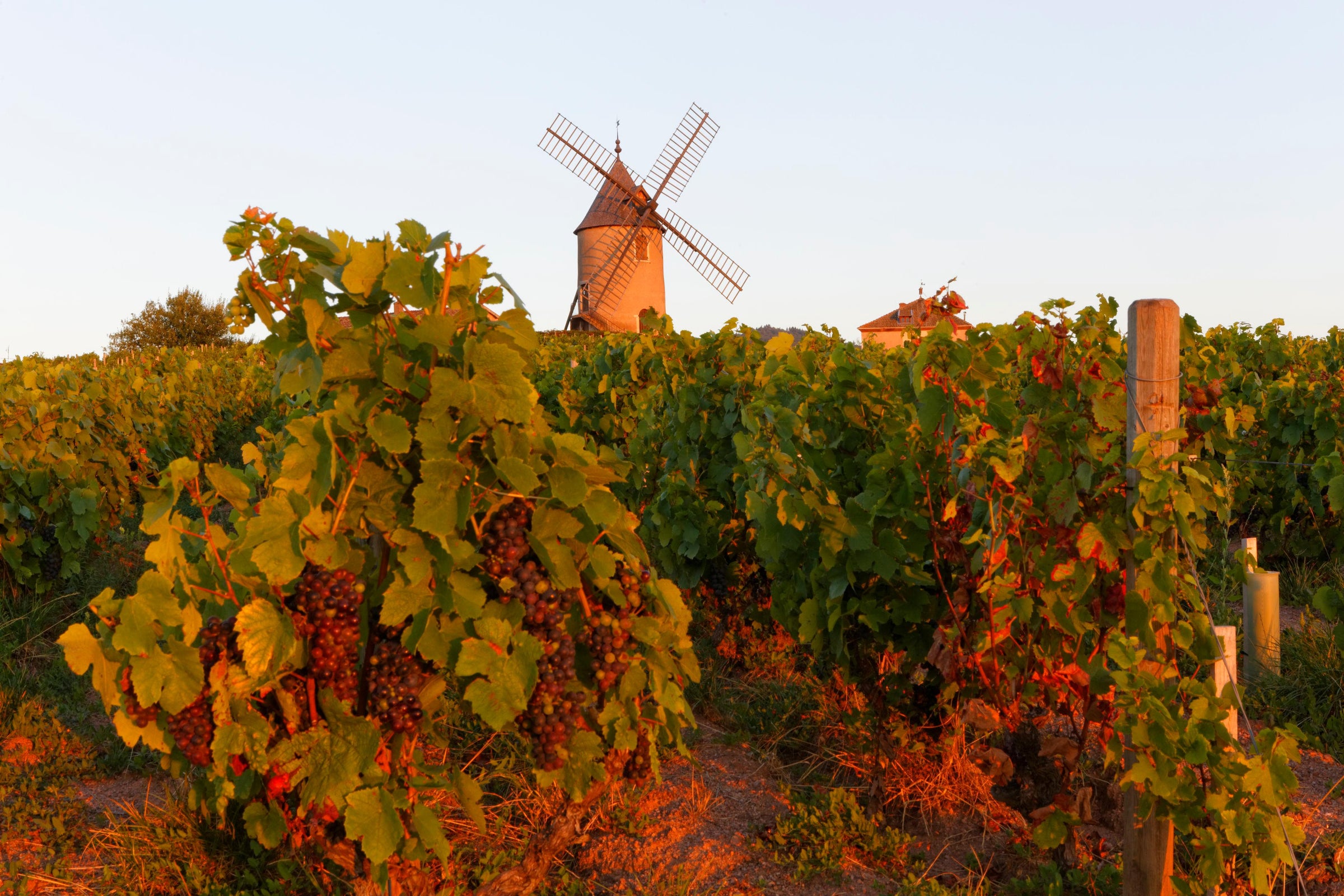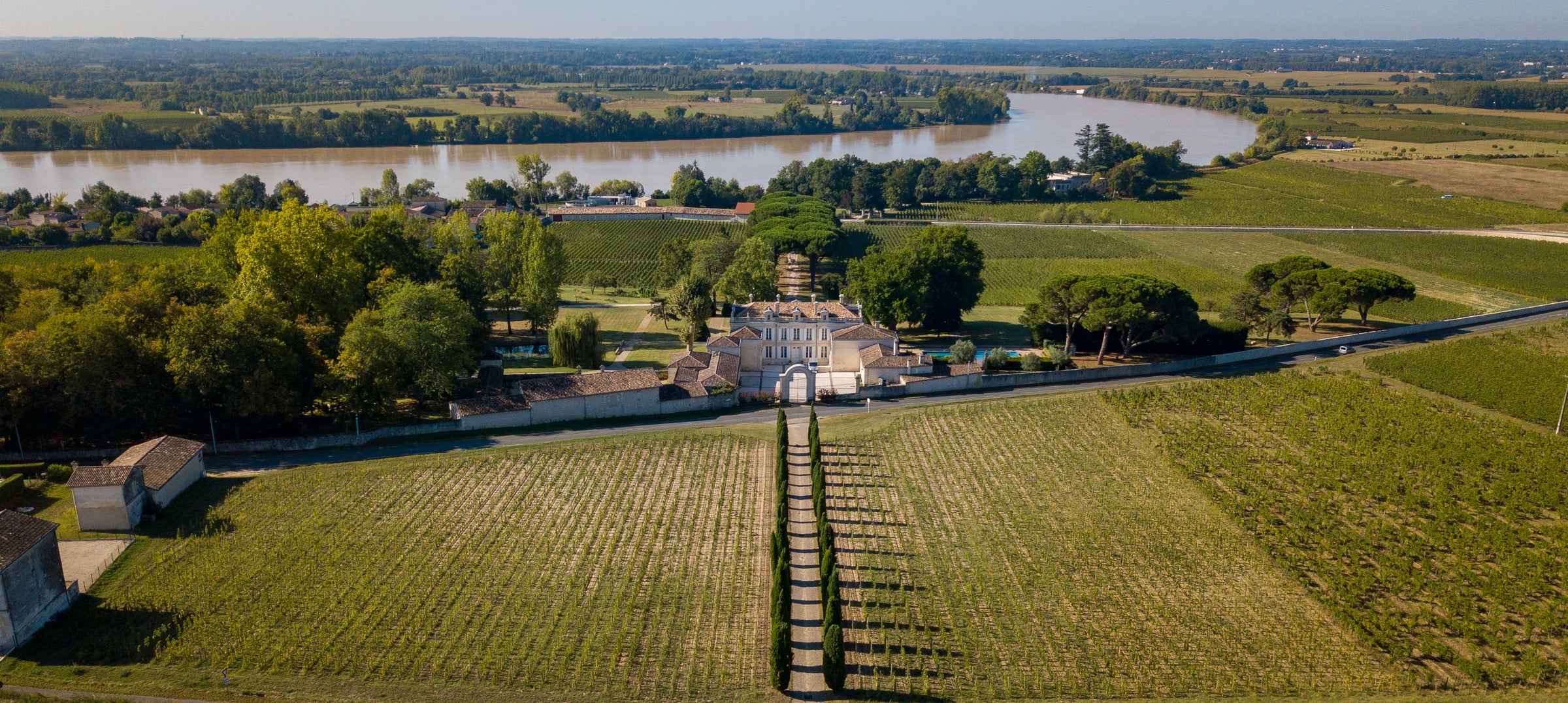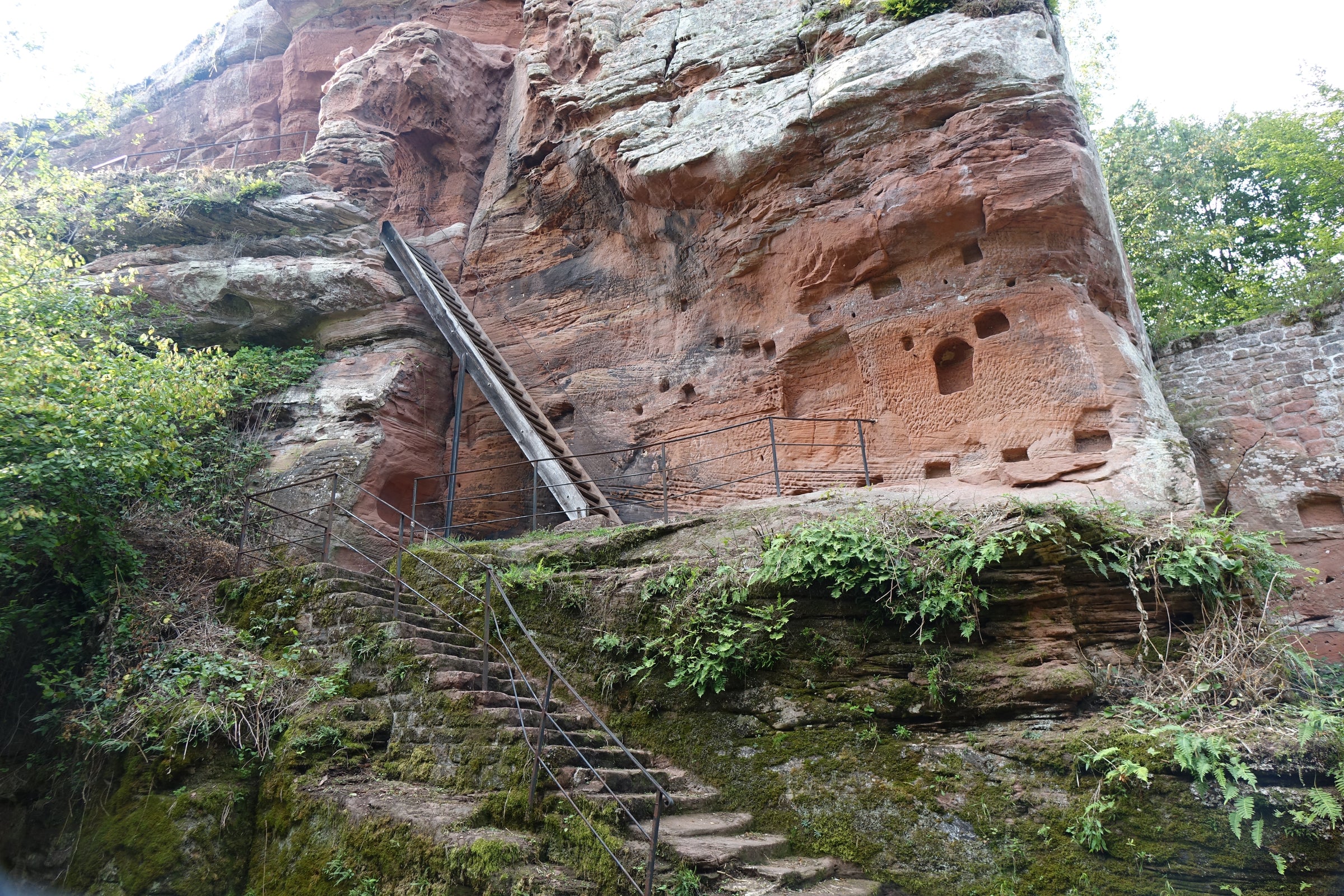Domaine Marc Colin crafts world-renowned Chardonnay from the most prestigious stretch of the Côte de Beaune, emphasizing organic farming and meticulous, traditional winemaking. But Chardonnay isn’t the whole story here: Colin has several old-vine Aligoté parcels alongside its more lucrative Chardonnay holdings throughout Puligny-Montrachet, Chassagne-Montrachet and Saint-Aubin.
Why leave prime sites planted to the second-banana Aligoté when Chardonnay would fetch more? Because the wine is too captivating to deny. From first smell, it’s obvious that Colin’s 2012 Bourgogne Aligoté is from a serious terroir, a delicious white Burgundy regardless of varietal. This price is not an anomaly for Aligoté, but it is for what’s in the bottle—a wine of life, complexity, and an authentic sense of place. It’s a truly transcendent wine.
Although it’s actually a distant cousin of Chardonnay, Aligoté has traditionally been pigeonholed as a relatively neutral, quaffable, unimaginative white (the stuff to which cassis is added to make a Kir). In the right spots, however—and in the right hands—it’s capable of so much more. Grown in Burgundy since the 17th century, Aligoté gained appellation status in 1937, but it is most often relegated to less-desirable vineyard locations. As Colin (and others, including Domaine Ramonet) demonstrate, giving over some prime Beaune real estate to Aligoté is hardly a waste; it can, in fact, produce Aligote of real breed, with mineral depth and aromatic complexity to rival Chardonnay at a more affordable price. Ask any master sommelier about Aligoté, and you’re almost guaranteed to hear a tale of a wine that blew his or her mind. Such is the case here.
The domaine was founded in 1970 by Marc Colin, from inherited land, including some parcels that have been in the family for more than a century. Marc has four children: Joseph, Caroline, Damien, and Pierre-Yves. Although Pierre-Yves has gone on to run his own world-class domaine, the other three siblings are confidently at the helm and maintain the same high standard Marc set for the estate decades ago. Damien is in charge of the vineyards, which have been farmed organically since 2006, and this Aligoté bottling comes from a lieu-dit, “La Combe,” which was planted by Damien’s grandfather, Pierre, in 1946 (the family had actually wanted to plant Aligoté there as far back as 1930, but WWII intervened…). Vinification occurs in neutral barrels where the wine then ages for eighteen months. The result is a vibrant, deeply flavorful white with the texture and aromatics of a village-level Puligny-Montrachet and the mineral-tinged verve of top Chablis.
Another thing we learned about this wine is that it hasn’t been exported to the US before, despite the family’s obvious passion for the variety. In that sense, it’s kind of a “unicorn” wine, which makes it that much more fun to offer here. As the Colins told us, This wine captures what are father and grandfather taught us. Small quantity, high quality, and reflects its sense of place in La Combe. We really like this wine, and we are pleased you have brought it to the USA.
In the glass, it exhibits a pale golden-straw core with hints of green on the rim. The nose, not a little reminiscent of Chardonnay, reveals notes of green apple, peach pit, salt-preserved lemon, raw hazelnuts, white mushroom powder and a touch of stirred lees. The medium-bodied wine expands on the palate to reveal beautiful concentration of fruit matched with fresh acidity and powerfully focused oyster-shell minerality that seems to linger for minutes. I’m not going to say that it is good for an Aligoté; that would be damning it with faint praise. This is pure, polished, beautifully crafted white Burgundy, period. Serve it at 55 degrees in Burgundy stems and pair with
this recipe for Sole Meunière for an experience worthy of Julia Child’s own table.






